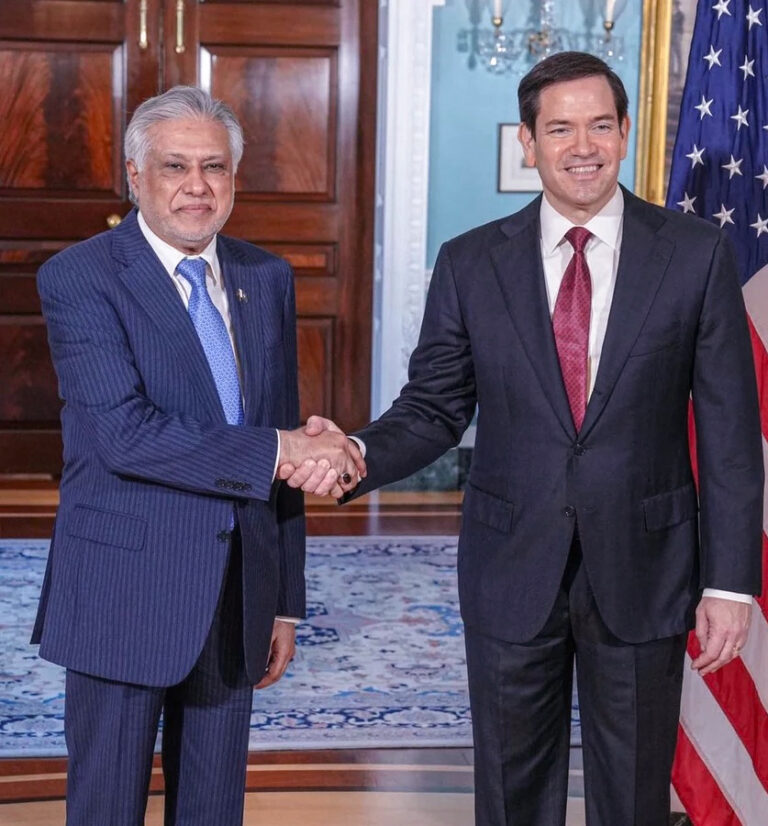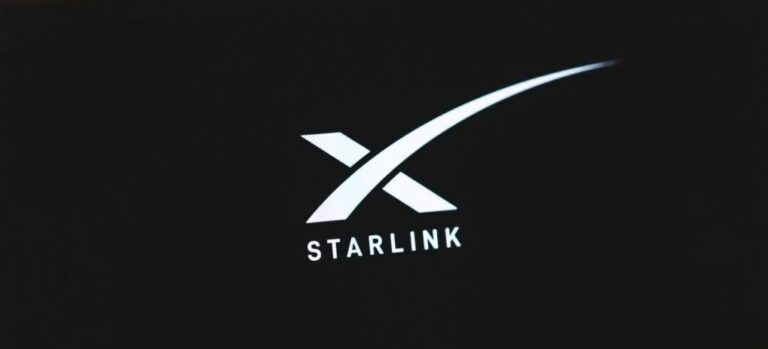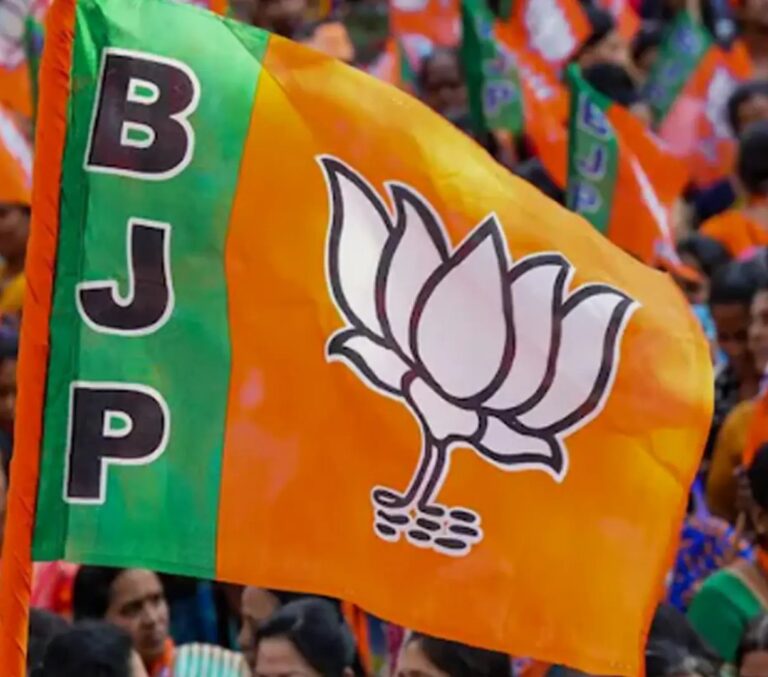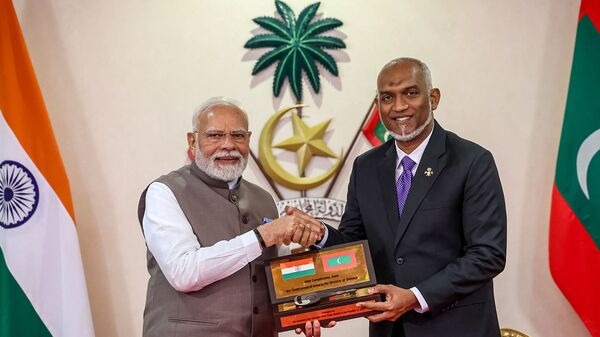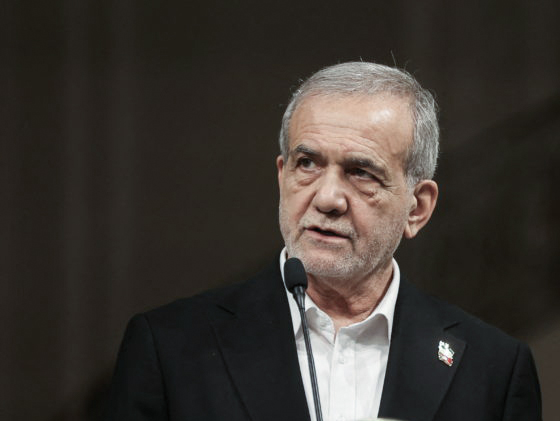
Iranian President Masoud Pezeshkian signed a bill approved last week by the parliament to halt cooperation with the International Atomic Energy Agency (IAEA).
Iran could become more dangerous after the 12-day war with Israel and the US strikes on its key nuclear facilities last month, nuclear arms experts have warned.
The US struck three key Iranian nuclear facilities last month using bunker buster bombs. These were Fordow, Isfahan, and Natanz. While US President Donald Trump said the strikes obliterated the country’s nuclear program, experts have given a big warning regarding Tehran’s nuclear future.
Nuclear proliferation experts, quoted in an ABC News report, believe the strikes could lead to a “fork-in-the-road” moment that results in Tehran taking a more dangerous and secretive path to obtaining nuclear arms if it chooses to do so.
Iranian President Masoud Pezeshkian signed a bill approved last week by the parliament to halt cooperation with the International Atomic Energy Agency (IAEA), the United Nations’ nuclear watchdog. The country is also mulling a withdrawal from the 57-year-old Non-Proliferation of Nuclear Weapons Treaty
“The last country to pull out of the NPT was North Korea,” Howard Stoffer, a professor of international affairs at the University of New Haven and former deputy executive director of the UN Security Council’s Counter-Terrorism Committee, told ABC News.
The NPT, signed by 191 countries in 1968, said countries, other than those certified as nuclear powers, cannot develop nuclear weapons. However, it allows countries to pursue peaceful civilian nuclear programs, like those for energy use.
“They can go right up to the brink, and basically do everything except assemble the weapons in their final form and still be technically in compliance with the treaty. That frightens a lot of countries that are Iran’s neighbours, Israel in particular,” John Erath, senior policy director for the Centre for Arms and Non-Proliferation
Iran has made it clear that it would ‘act according to its own interest’ regarding the NPT. The treaty also requires inspection by the IAEA, so it remains to be seen how Tehran fulfils that obligation in light of the new law if it decides to join it.
The Iran-US nuclear deal
Iran signed a nuclear deal with several world powers led by the United States in 2015, called the Joint Comprehensive Plan of Action (JCPOA), under the Barack Obama administration. The agreement limited Iran’s civilian nuclear program to peaceful purposes in exchange for lifting economic sanctions imposed on the country.
President Donald Trump withdrew from the accord during his first term in 2018, calling it “defective to its core” and reimposed US sanctions on Iran. Since then, multiple attempts have been made to negotiate a new deal with Tehran, including by Trump himself, but it hasn’t borne fruit yet.
